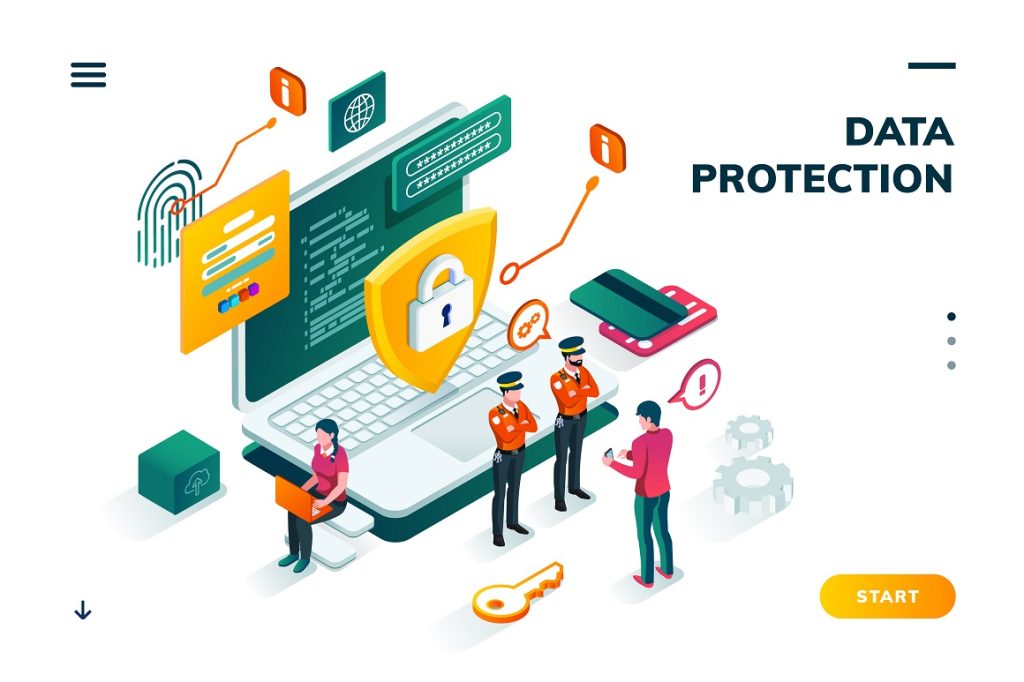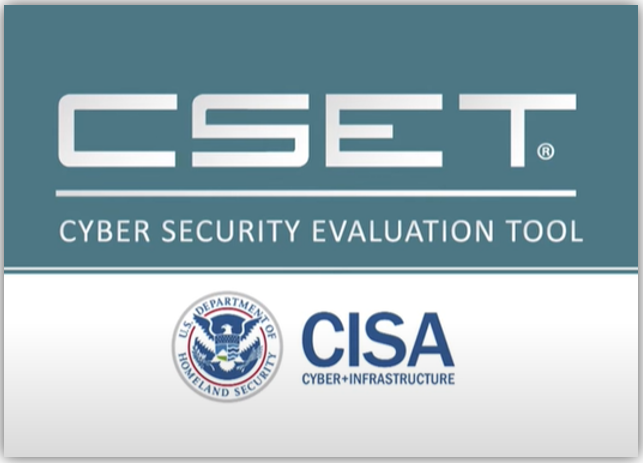By Cameron Abbott and Ella Richards
In November 2020, accounting and consulting firm Nexia Australia (Nexia) was alerted to a “REvil” ransomware attack taking place within its system. The attackers threatened to post personal information of Nexia’s clients, customers and staff online unless it paid a $1m ransom within 72 hours.
It was reported that the hackers appeared to have posted Nexia’s confidential files onto the dark web; however, further investigation revealed that the hackers had merely posted screenshots of Nexia’s files. Realising this, Nexia dismissed the threat and refused to pay the ransom.
But it didn’t end there.
Shortly after the attack, a news service found the Nexia screenshots on the dark web and publicised that the company’s confidential information had been stolen and shared. Not only did Nexia have to reassure panicking clients that their confidential information remained uncompromised, it had to convince the Australian Securities and Investments Commission, the Australian Federal Police and the Privacy Commissioner that nothing of concern had been taken.
It doesn’t help that ransomware-as-a-service is becoming an increasingly lucrative business for cybercriminals to launch this type of attack. All that is needed is off-the-shelf malware, a wallet of cryptocurrency and it’s ready to deploy against an unsuspecting organisation.
The attack on Nexia demonstrates that even if there is no evidence that confidential information has been leaked, organisations can still suffer significant damage. The cost of reassuring stakeholders and mitigating reputational harm can almost match the consequences of a full blown attack.
As Warren Buffet famously quoted, “It takes 20 years to build a reputation and 5 minutes to ruin it”. While Nexia recovered valiantly, this serves as a lesson that even when unsuccessful, the public ramifications of a ransomware attack are not to be underestimated.





